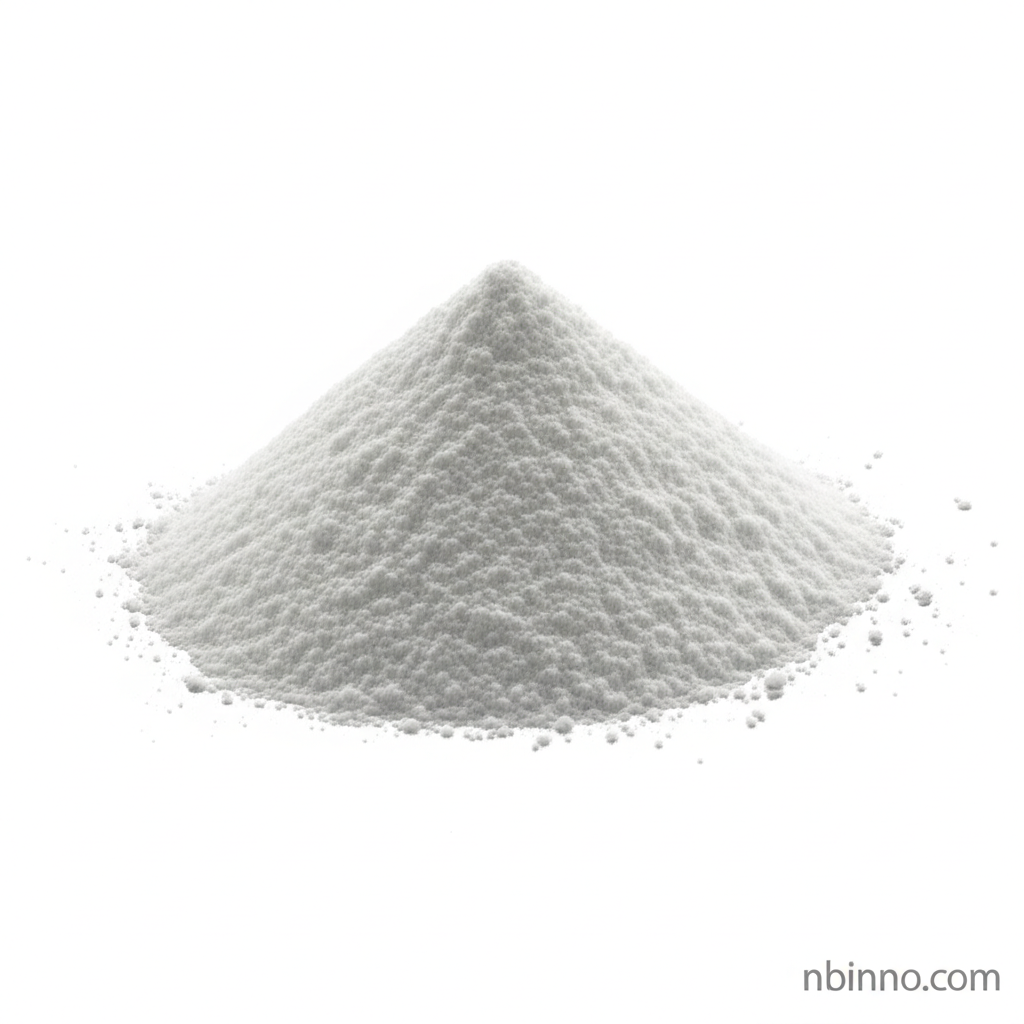Carbocisteine: Understanding its Mucolytic Properties for Respiratory Health
Discover how carbocisteine effectively manages respiratory conditions by thinning mucus and easing breathing.
Get a Quote & SampleProduct Core Value

Carbocisteine
Carbocisteine is a vital pharmaceutical intermediate recognized for its potent mucolytic properties. It plays a critical role in reducing the viscosity of sputum, thereby facilitating easier expulsion of phlegm and offering relief from various respiratory ailments.
- The primary function of Carbocisteine is to act as a mucolytic agent, significantly improving outcomes for patients suffering from conditions like COPD.
- Understanding how Carbocisteine works reveals its mechanism in altering glycoprotein secretions, making mucus less viscous.
- Carbocisteine for COPD treatment is a well-established therapeutic approach, offering substantial benefits to patients managing this chronic condition.
- The ability of Carbocisteine to reduce mucus viscosity is key to its efficacy in treating bronchiectasis and other mucus-related lung issues.
Advantages of Using Carbocisteine
Enhanced Mucus Liquefaction
Carbocisteine's ability to reduce sputum viscosity is a cornerstone benefit, simplifying the process of clearing the airways for individuals dealing with thick, tenacious mucus.
Improved Respiratory Function
By making mucus less sticky and easier to cough up, carbocisteine helps to improve overall respiratory function, particularly in managing COPD exacerbations.
Versatile Therapeutic Applications
Carbocisteine's applications extend to various respiratory conditions, making it a versatile component in the management of lung health, a key aspect of pharmaceutical intermediate usage.
Key Applications
COPD Management
Carbocisteine is instrumental in managing Chronic Obstructive Pulmonary Disease (COPD) by reducing the thickness of mucus, which is often a major symptom and contributor to exacerbations.
Bronchiectasis Treatment
For individuals with bronchiectasis, carbocisteine aids in thinning the mucus that accumulates in the airways, leading to fewer infections and improved breathing.
Acute Bronchitis Relief
This pharmaceutical intermediate is also beneficial in treating acute bronchitis, where its mucolytic action helps to clear mucus buildup that can obstruct airways.
Pharmaceutical Synthesis
As a crucial pharmaceutical intermediate, carbocisteine is utilized in the synthesis of various medicinal compounds aimed at respiratory health and mucus regulation.
